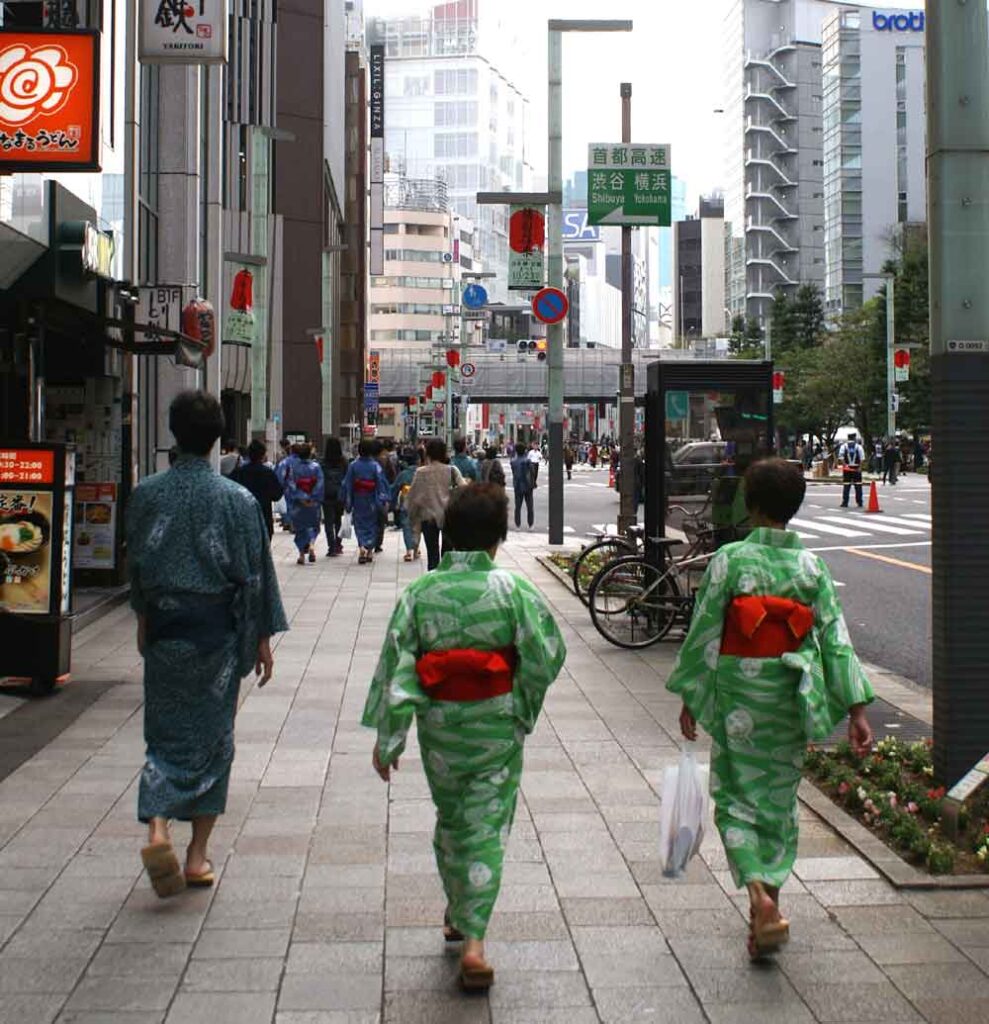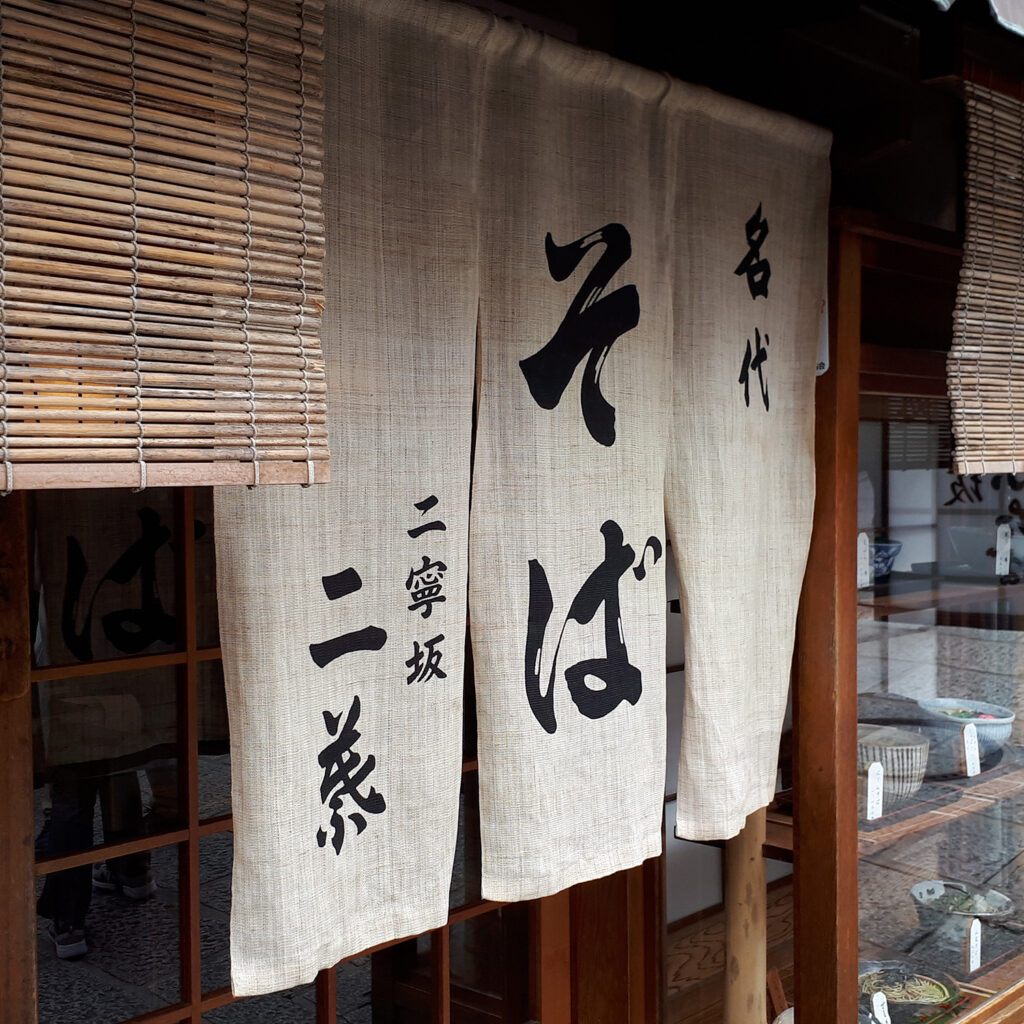Japanese heritage, pivotal periods in history, emblematic monuments, diverse and varied personalities who have marked Japanese society or reviews of traditional objects, you will travel through our articles within this magnificent country that is Japan.
Japan in the past
Both strange and fascinating, the so-called Land of the Rising Sun has always intrigued Westerners, particularly through its history and culture. Inspired by Chinese traditions, Japan took off from the 700s AD and experienced many changes.
First concentrated in the capital of Nara under the control of the first emperors, power was then moved to Kyoto where Japanese feudalism was established. These are the beginnings of the culture of the samurai and the development of the arts such as the Nô theater or the tea ceremony… It was in the 15th century that the country, then torn apart by civil wars, experienced its first contacts with Europeans. and Christianity. This deal is short-lived.
In the 17th century, Japan was reunited and power moved to Edo (now Tokyo) where foreigners and their religion were no longer welcome. In the 19th century, the Americans arrived in force. It is the beginning of industrialization and the modern history of Japan, punctuated by military victories and economic crises. This is also the time of the expansion of Japanese culture around the world.
Modern Japan
Japan is a developed country located in East Asia. It is characterized by strong economy, advanced technology and advanced society. Since the end of World War II, Japan has experienced rapid economic growth and transformed itself into one of the largest economies in the world.
Japan is also known for its unique culture, which combines historical traditions with modern Western influence. Japanese food, movies, fashion, video games, and anime are some of the most well-known aspects of Japanese popular culture around the world. The country is also characterized by its constitutional democracy, superior healthcare system and advanced education system. Japan has also played an important role on the international stage as a permanent member of the United Nations Security Council and as a key country in economic and political relations in the Asia-Pacific region.
In general, modern Japan is considered one of the most advanced and developed countries in the world, with a significant influence on culture, technology and the global economy.



